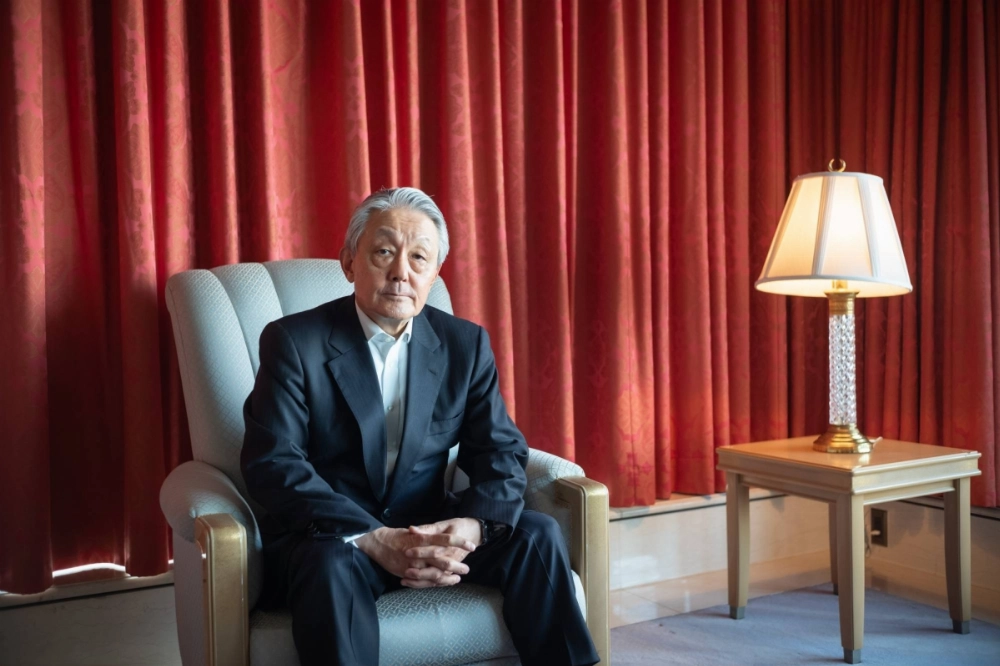Japan Exchange Group chief executive officer Hiromi Yamaji was re-elected with a smaller majority as his approval rating slid to the lowest ever and the bourse operator’s shares underperformed the market benchmark.
The still-overwhelming majority of 82.11% voted in favor of his reappointment at the annual general meeting held last week, according to a filing on Tuesday. Even so, it was lower than last year’s 94.09% and below the 88.88% polled in 2023.
Investors voted with their feet as the stock’s 18.6% decline over the past year underperformed the broad Topix’s 1.6% rise.


















With your current subscription plan you can comment on stories. However, before writing your first comment, please create a display name in the Profile section of your subscriber account page.